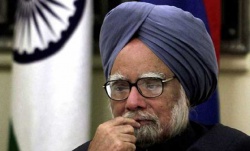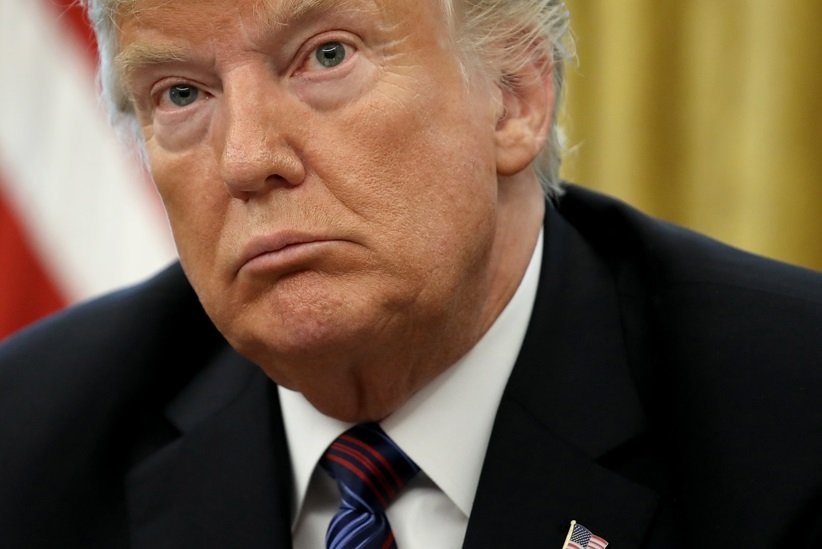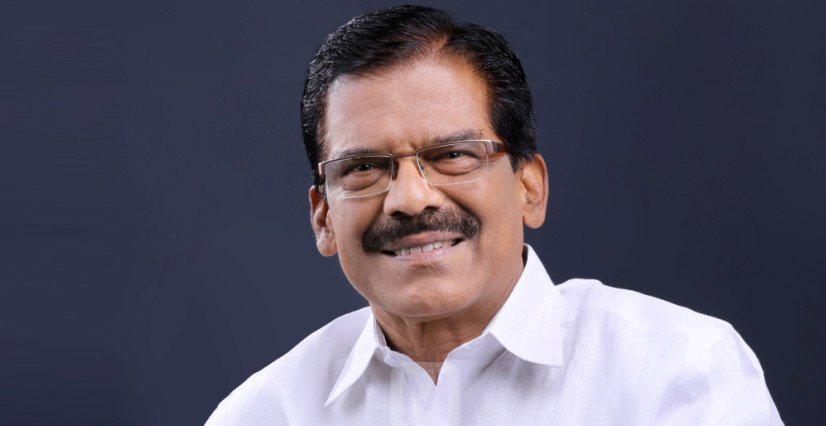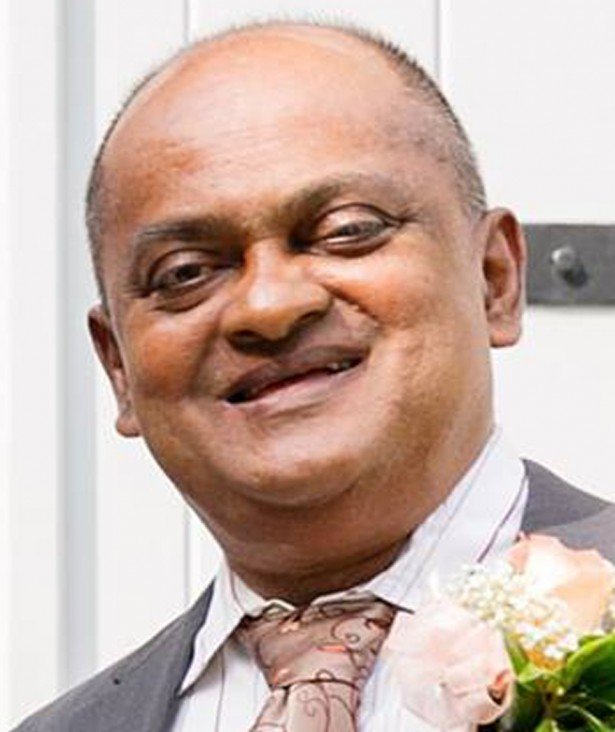Incidents of communal violence would be high on the agenda of Prime Minister Manmohan Singh when he addresses the National Integration Council meeting here Monday, informed sources said.
The meeting, coming against the backdrop of the Sep 7 riots in Muzaffarnagar of western Uttar Pradesh which left over 40 dead and thousands displaced, will discuss ways to curb hate propaganda and deal with incidents of communal violence. The security of women and weaker sections of society will also be on the agenda of the meeting, the sources said.
The NIC would take up the use of social media by certain sections in fanning violence. Fake videos put up on social media were cited by police as the spark that set off the Muzaffarnagar conflagration.
The meeting would consider how the social media could also be tapped to promote national integration and reduce communal tension.
The controversial anti-communal violence bill, which has been hanging fire for some years, would also be discussed at the NIC meeting with an aim to evolve consensus on the issue.
Recently, a group of Muslim leaders who met the prime minister over incidents of communal violence across India stressed the need for a bill to effectively deal with the issue.
The meeting assumes significance as the union home ministry has estimated that instances of communal violence could go up in an election year, as these would be engineered in a bid to polarise voters.
Five states are set for assembly polls this year-end, and general elections 2014 are scheduled to be held around April next year.
The NIC was constituted to combat the evils of communalism, casteism, regionalism, linguism and narrow-mindedness, as a follow-up of the National Integration Conference under then prime minister Jawaharlal Nehru in September-October 1961.
The first meeting of the NIC was held in 1962.
In the meeting held 1968, the NIC declared its objectives as unity in diversity, freedom of religions, secularism, equality, justice -- social, economic and political -- and fraternity among all communities.
The NIC, however, notes with concern the increase in communal incidents in different parts of the country over the last few years. The council emphasises that notwithstanding sporadic occurrences of communal and other divisive conflict, the vast majority of common men and women, irrespective of religious affiliation, live in peace and harmony and have no interest in violence and disorder.
The council holds that the task of amity and peace between communities is not the government's alone, but the collective responsibility of all citizens -- politicians, educationists, artists, writers, teachers, parents and students, intellectuals, businessmen and trade union leaders.







Comments